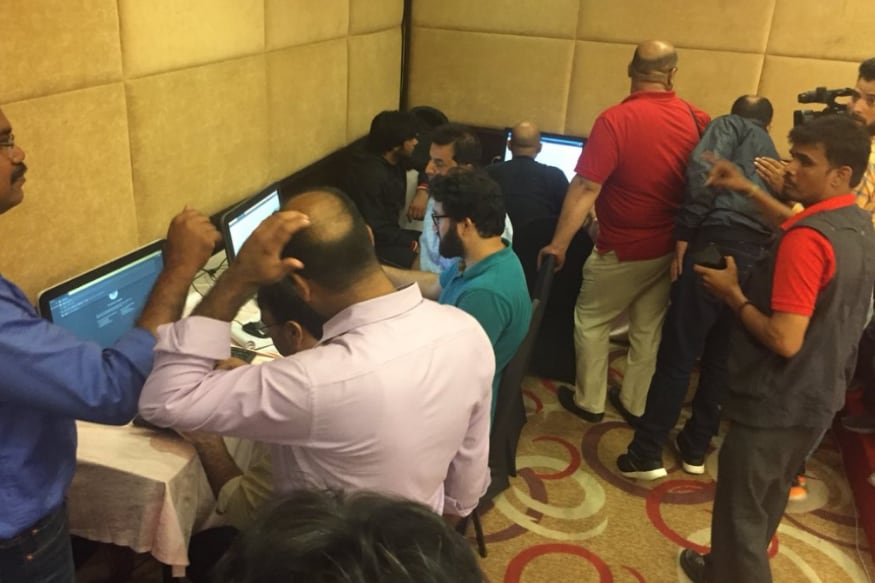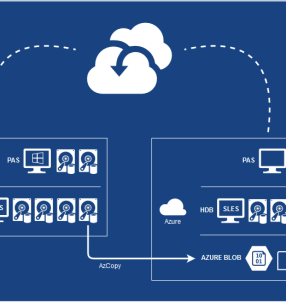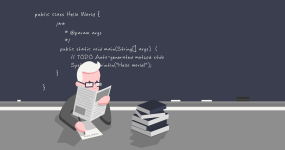 Srinagar: One has to wait, sometimes for hours, to access the email. The conference hall at a local hotel in Srinagar is packed with journalists. Four computers in a corner are always bordered by eager reporters, flash drives at the ready. Two of these systems are mostly occupied by government information department officials.
Srinagar: One has to wait, sometimes for hours, to access the email. The conference hall at a local hotel in Srinagar is packed with journalists. Four computers in a corner are always bordered by eager reporters, flash drives at the ready. Two of these systems are mostly occupied by government information department officials.
These four computers are the only means for journalists in Kashmir to access the internet to send stories and receive information about the world outside.
The Valley has been under lockdown since August 5, the day the Union government revoked Article 35A, which conferred special status to J&K, and divided the state into the Union Territories of J&K and Ladakh. There was absolute ban on internet and landline and mobile phone services were completely shut.
The first casualty of the blockade was the flow of information. Local journalists were caught by surprise as every means of communication was blocked, including the special internet lines, which the government had allowed for commercial purposes.
For a day or two, not a single news report, except from TV channels that have outdoor broadcast (OB) vans in Srinagar, came out from the Valley. Reporters had no communication with their offices.
Journalists were desperate. Even the first reports from the ground came out to the world after some journalists, working with international organisations, sent a person to New Delhi by plane carrying reports in flash drive.
For a week, most of the journalists followed the same. Digital reporters recorded videos of text stories and sent them through OB vans of sister channels, only to be published after the stories were typed out again.
Some organisations even sent journalists to the Valley in search of their Kashmir-based reporters. Some went back unsuccessfully and filed their reports in Delhi. It took the government a week to put up a ‘media facilitation centre’ from where journalists could access internet and make phone calls.
Every day, around a hundred journalists use these computers to file their stories, whenever the internet speed permits.
UNPRECEDENTED GAG
“It is very repressive,” says senior journalist Naseer Ganai. “It is easy to board a flight and reach Delhi than to access email at the facilitation centre. One problem is the number of people who have to use the computers and other is the internet speed,” says Ganai, who reports for Outlook magazine from Kashmir.
As word spread among the fraternity that the government has set up such a workstation, more and more journalists trooped to the media centre to access emails.
“My mail wasn’t loaded even after even seven minutes, such was the speed,” says CNN-News18’s Kashmir bureau chief Mufti Islah, who also left “it is not working” note in the daily register.
“I have never seen such a situation. There used to be communication gag, but not to this extent,” says Islah, who has been reporting on and from Kashmir for the last two decades. “It is the worst time”.
Even for journalists like Islah, who report for TV and have broadcast vans to send the feed, it is frustrating to work in such conditions.
“I am in a bind. If I have to go live at 10 am, I keep myself connected to office from 7 or 8 am. There is no communication line to tell us what to do when. So, we have to stay connected through OB vans the entire day,” he explains.
Tariq Mir, another senior journalist who works for The Week magazine and has over two decades of experience in reporting on Kashmir, says, “It is a two-way cut off.”
Mir couldn’t file a story for a week after the communication gag. In fact, his office sent a reporter to check on him.
NEW WAY OUT
Reporters type their stories, copy them in a flash drive and then access the email to send it to their office. This might seem a simple exercise which would take just a few minutes. But journalists at the media centre say it sometimes takes hours. At other times, the internet goes off and they have to file the stories the next day.
Similar is the case with mobile phones. There is a single working mobile phone at the media centre. To make a call, one has to register their name and wait for their turn.
“You are lucky if you get hold of a phone in half-an-hour,” says Naveen Sharma, who has been reporting from Srinagar since 1998.
Sharma had to make a call to his office on Thursday afternoon. In the register there were 48 names before him. “I could make a call only on Friday morning,” he says, adding that this sort of system is affecting the work of journalists.
“It consumes a day to file a story and make a call. So, there is no scope of travelling around and hunting for good stories,” he says, adding that, “by the time you get the story and file it, there is a new issue which needs to be reported.”
The situation is more complicated with photo and video journalists.
“The internet is erratic and the speed is pathetic,” says a senior photo journalist who works for an international news agency. “Uploading three photos takes two hours.”
Most of them are still sending photos and videos by hand in flash drives.
PRIVACY PLEASE
The other serious issue besides the overloaded and slow internet speed is privacy, or the lack of it to be more precise.
“There is constant intimidation. Journalists are skeptical about such facilities. They feel that computers could be hacked and logging in emails can compromise their privacy,” says senior journalist Mir Hilal. “Media Facilitation Centre is actually a misnomer. It is a media concentration camp,” he says.
Such questions are being raised as the centre has been set up in a private hotel and internet access has not been given at the Press Club, despite being constantly demanded by journalists.
Some of them also feel that the centre was actually put up to facilitate national media journalists. “The government could have given access to journalists in their offices or a location like the Press Club. Why do you need to put it up in a private hotel?” asks Hilal.
Government officials say the facilitation centre was put up in this particular hotel since that is where most non-local journalists who arrived in Kashmir were putting up.
“We usually use this hotel for government functions and since most of the outside journalists were staying here, we chose this place for facilitating journalists,” Sayed Sehrish Asgar, director information, told News18.
As per sources, the hotel is charging the government Rs 50,000 per day.
With four computers and a single mobile phone the only way for journalists to communicate with the outside world, questions are being asked of the administration, which has been accused of extending special access to select journalists.
“There are journalists who came from Delhi and can use their mobile phones. They are tweeting easily,” said another New Delhi-based TV reporter. “These journalists are being taken in helicopters just because they are not criticising the administration and are helping in promotion of their statements.”
[“source=news18”]
| M | T | W | T | F | S | S |
|---|---|---|---|---|---|---|
| 1 | 2 | 3 | 4 | 5 | 6 | 7 |
| 8 | 9 | 10 | 11 | 12 | 13 | 14 |
| 15 | 16 | 17 | 18 | 19 | 20 | 21 |
| 22 | 23 | 24 | 25 | 26 | 27 | 28 |
| 29 | 30 | |||||























